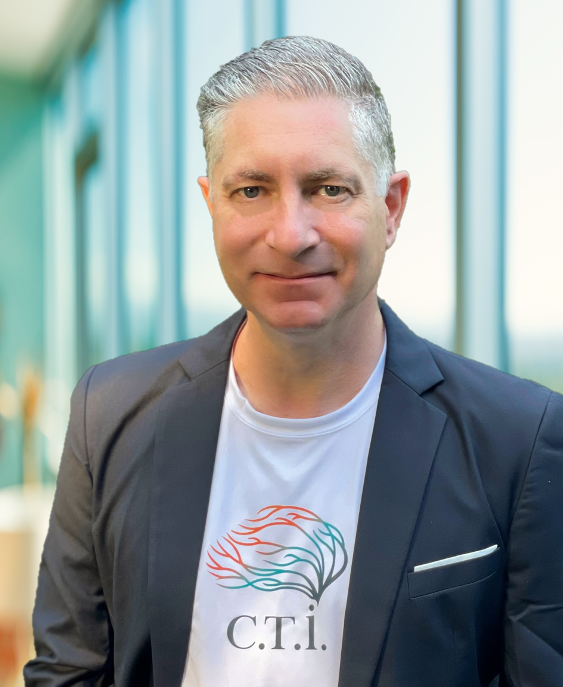Critical Thinking Is The Number One Skill Society Must Teach Youth and Future Generations
Critical thinking is highly valued worldwide, but no one seems to be teaching it. The Critical Thinking Institute is addressing this deficit through science-based virtual lessons.

Critical thinking is a skill all individuals have heard of, but few understand. When critical thinking is utilized, it improves decision-making, enhances problem-solving capabilities, strengthens creativity, and cultivates curiosity.
In an information-overloaded world, critical thinking skills are highly valuable for understanding polarized opinions and evidence. For example, critical thinking aids youth and adults in discerning whether a narrative spread online through emerging technologies is true.
While critical thinking is high in demand, it's not being taught to children or adults. Universities and schools rarely implement programs for doing so and workplaces simply expect employees to possess a certain level of cognitive aptitude.
As little as 6% of university seniors are rated as skilled critical thinkers. A 2019 study further proved that this problem is more widespread than many assume. The results demonstrated that millennials (74%) without a four-year degree, baby boomers (58%), and four-year college graduates (62%) all received failing grades on a critical thinking assessment.
Some of these deficits are caused by a reluctance to believe that the human brain needs training to become a strong critical thinker. In other cases, science and technology weren't advanced enough to develop effective methods for instruction. However, leaps in technology and scientific advancement have created proven strategies for learning critical thinking.
Dr. Steve Pearlman, a researcher and the Founder of the Critical Thinking Institute (CTI) was one of the first to publish findings on a neuroscientific methodology for learning these skills. His innovative approach is infused into short-form video lessons offered by the company. The organization offers Critical Thinking Mastery for adults and the Brighter Minds Better Futures program for children. Both programs are taught virtually. Lessons are released every week and can be taken on-demand when it suits a student's schedule.
The Critical Thinking Institute's educational programs have been praised for their effective, accessible, and engaging nature. What's better is that the curriculums are based on 30 years of peer-reviewed research in neuroscience, evolutionary biology, cognitive psychology, composition theory, education, and other disciplines.
Dr. Pearlman recognized that universities struggled to teach students critical thinking, and his frustration inspired him to innovate a better way to teach critical thinking, to anyone. As a result, he developed a unique Inside-Out methodology that is currently employed in all CTI lessons.
The Critical Thinking Institute veers away from the traditional approach of focusing on skepticism and logical fallacies. Its programs encourage neuroplasticity, or the brain's ability to 'rewire' itself, with new habits that make critical thinking cooperative with natural brain functioning.
"The Critical Thinking Institute discovered a method for teaching people how to harness the strength of their natural intellect while minimizing negative patterns that interfere with critical thinking," says Dr. Pearlman, " With this strategy, we help people think better without going against their brain's instincts. Not only does this improve the likelihood of long-term application, it makes our programs suitable for people of all ages, backgrounds, and intelligence levels. By teaching people how their brain works and what they can do to use it more effectively, we give people, businesses, and universities a systematic way to improve themselves, their career, and the world overall."
Research completed by the Critical Thinking Institute revealed striking improvements in skill demonstration. Junior outcomes increased from 8% to 53% "proficiency" in a critical thinking writing portfolio, in just a few years. The comparisons before and after instruction showed thatpapers meeting proficiency saw an 85% decrease in unsupported claims and an 1850% increase in the effort to assess the quality of evidence being used. CTI has also implemented these lessons with high school students, and similar effects occurred after just two weeks. There was a 61% decrease in text that only summarized and a 60% decrease in text that made unsupported assertions/claims.
Considering the level of success of the Critical Thinking Institution's work, Dr. Pearlman has many plans to release more courses. The Critical Thinking Institute will be integrating AI and other advanced technologies to enhance the learning experience. The Critical Thinking Institute is open to partnerships with individuals, universities, and businesses that are committed to creating global change through critical thinking instruction.
© Copyright IBTimes 2024. All rights reserved.





















